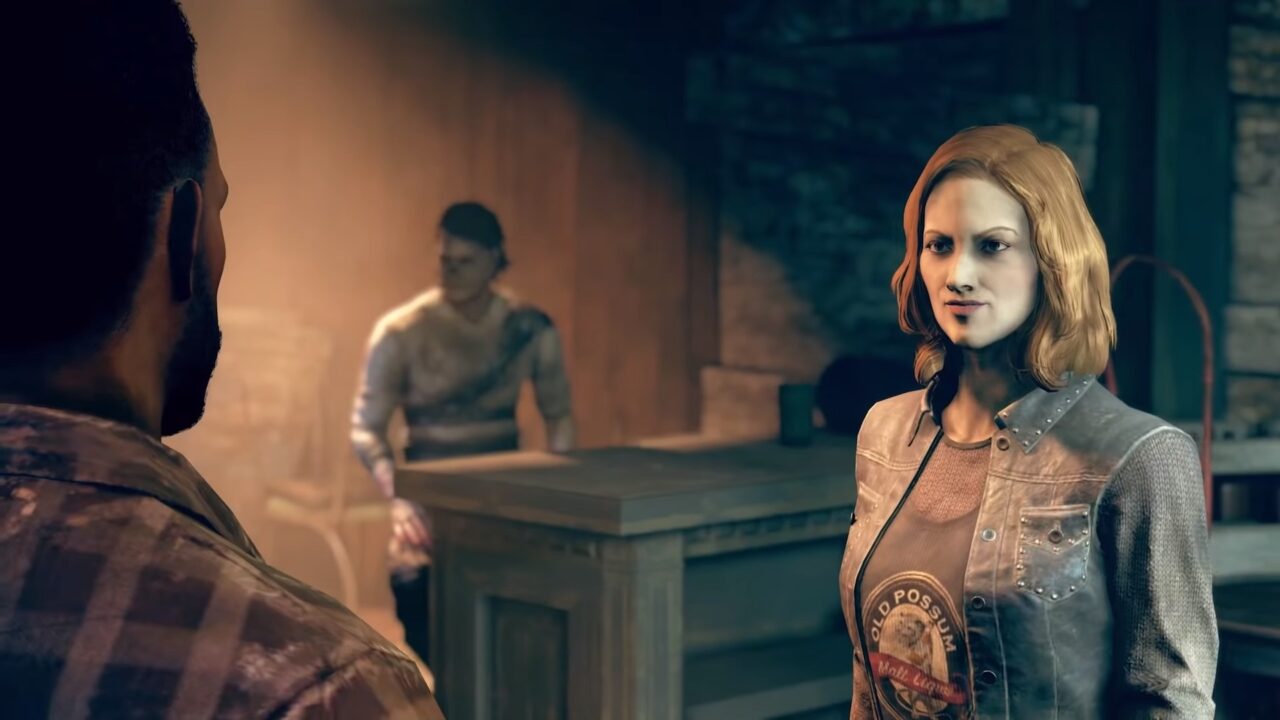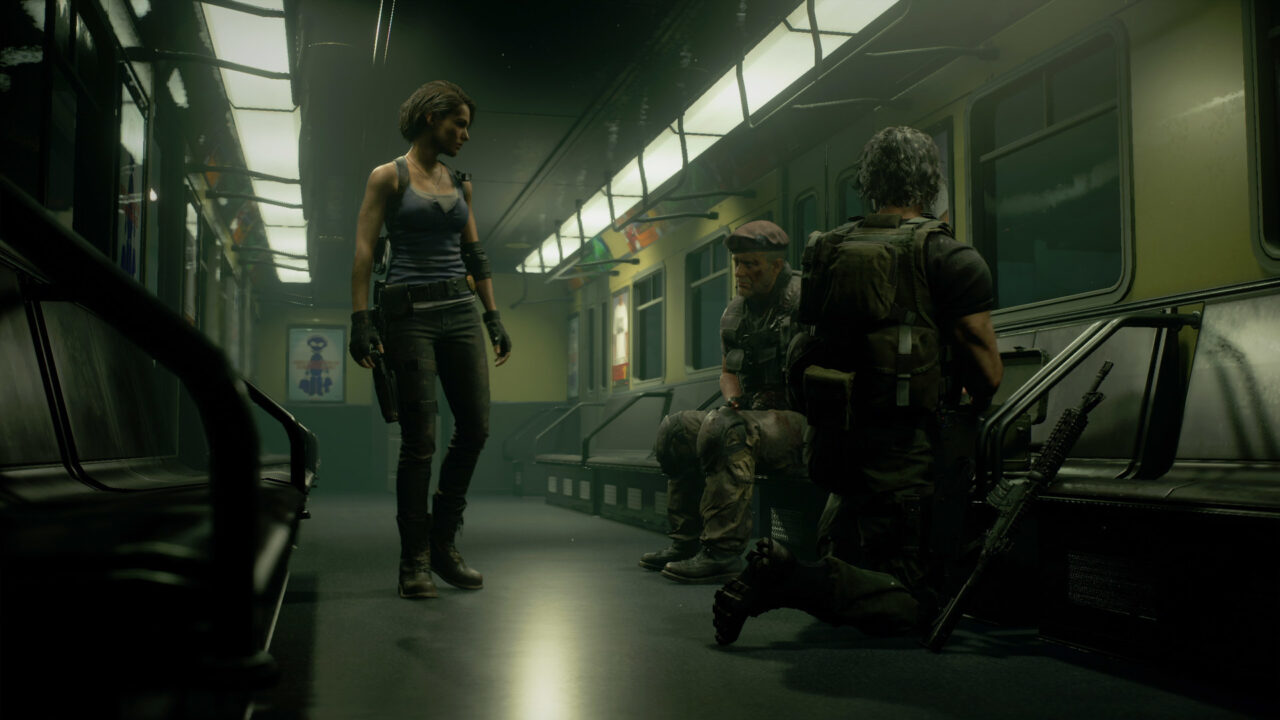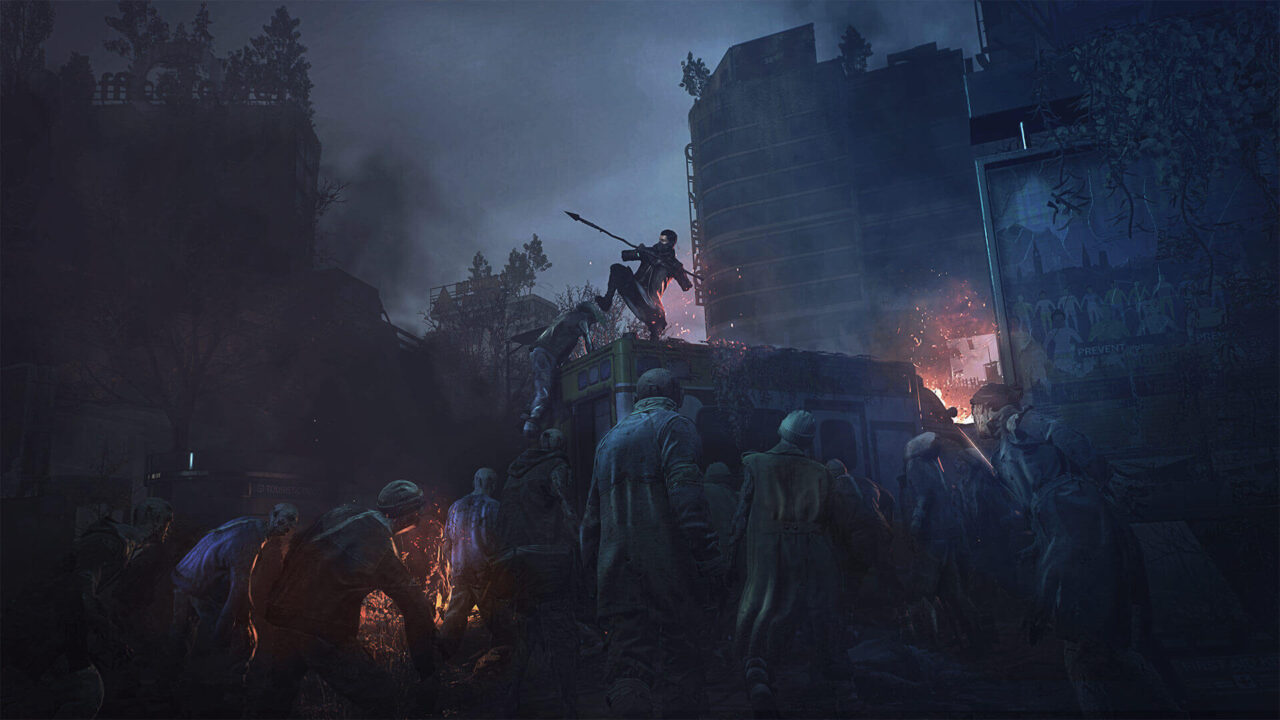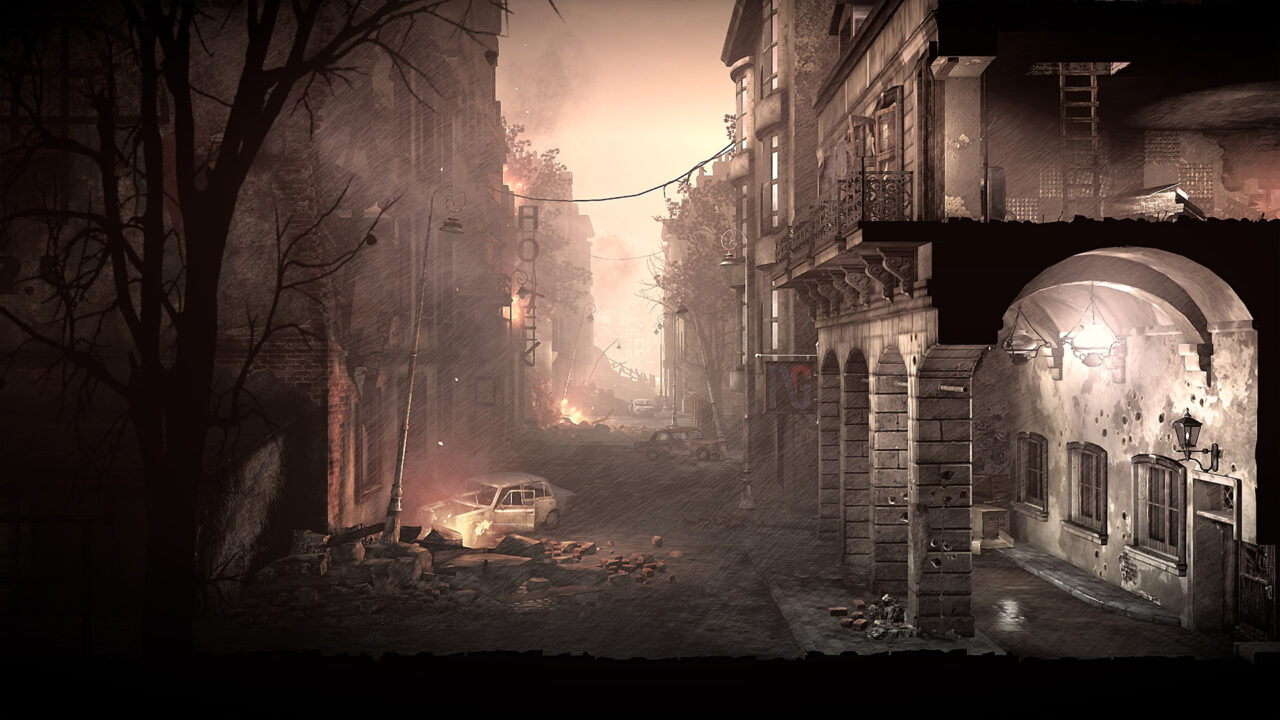Horror Games and The World We Live In

Science is a practice that is redeemed as either utopic or decrepit. Stories that feature an apocalypse or great disaster science usually have some part to play in it. Amongst Frankensteins, they turn to Science as the wings of Icarus that humans were soaring on. No one is paranoid of organized sports or accounting to be the madmen in secret bunkers fulminating this week’s new monster. Horror games like Fallout, Dying Light, Resident Evil, pretty much any zombie game now that I think of it.

The point is that people are scared of science and while the optimist in me wishes for a transhumanist utopia where everyone’s happy, science has been the spearhead for a lot of good and terrible advancements in civilization. Fallout began on the premise of “What if the cold war went nuclear?”. Nuclear bombs of course were used to end the previous war to the tune of mass death of Japan’s cities killing hundreds of thousands which then went on to power Russia’s emergence society before Chernobyl reactor 4 detonated and threatened the entire continent’s population with radiation poisoning. That’s not to say this specific technology is nothing but destructive. Russia, Japan, and other countries continue to use Nuclear energy to power the infrastructure for millions even with the Fukushima reactor rupture from the 2011 tsunami. Whether wisdom or folly coexistence and dependence on dangerous science see its benefits greater than the risk.

Sure let’s get into Resident Evil and I don’t want to hear any weird Covid-19 conspiracies here, not gonna amuse any of that. Similar to Radiation there’s a lot of fear around unregulated biological tampering. It’s not like approved substances sow absolute confidence either with asbestos, led, and other flavors of chemicals that shorten the population’s lifespan. Resident Evil playfully incites modern villainy with zombified and mutating victims the result of a lone madman dreaming of human evolution. It’s cartoonishly absurd in the spirit of 80s slasher flicks but at the same time, it does shadow real killings like Japan’s own mass chemical attack which happened only a year before. Like any Horror flick, there’s the influence of fears from reality but stowed in an accessible and creative media that allows the ideas to persist in our consciousness without causing aggressive distress.

Zombie however exists in a strange limbo in year 3 of the worldwide pathogen. They were always based on a fear of concentrated populations being the powderkeg for plagues we thought left to the dark ages even though everyone’s parents lived through the 20th-century outbreaks of Spanish flu and influenza. With the launch of Dying Light 2 my impression streams and watching coworkers play was an exhausted acknowledgment of the comparisons to today’s situation. Dying Light 2 takes place as a sequel where the entire world has been reduced to small isolated settlements due to the further weaponization of the zombie pathogen. It’s similar to Fallout in that culture and traditions are based on the memories and impressions of modern society as all functions of that time have ceased. I wish for the success of video games and the passion behind them but I begin to question if the realities we experience have begun to skew Zombie games against our taste.
The manga and film Barefoot Gen attempt to communicate the flaming hell of the Hiroshima bombing. (You can view it yourself if you wish, I don’t feel comfortable making readers see it). The bombing scene takes the friendly cartoon style of the film and incinerates any sense of life. Gen’s survival seems miraculous having survived the shockwave of rubble that sends him flying and flattens the city and the initial detonation that vaporizes the flesh off the girl next to him, he was only saved coincidentally by bending to pick up a stone he dropped behind a brick fence. That isn’t even the end as the survivors slowly die from radiation and shrapnel or wander the streets with their burning flesh sliding off. Years afterward the victims still suffer tumors and discrimination for their disfiguring injuries.

The only game I have played that comes close to the suffering in that game is not Fallout that game is more focused on a sci-fi adventure imagining the culture that restarted from the bombing. This War of Mine based on the Bosnian war was the most harrowing experience even if I found some amount of fun in the endgame. The first days of war are utterly shattering to witness through the characters, if you lose any of them it’s likely during the beginning panic as everyone else scrambles to find safety and fight over food and water. I can’t say today’s time compares to This War of Mine in intensity although maybe depending on where you live in the world. What I am finding shared is the fugue state of the world leftover. In This War of Mine, there isn’t some climatic event the characters face, war and conflict behave more like a tornado, everything in its wake is destroyed but it moves with the storm as opposed to an explosion. The life of the survivors becomes one of occasional violence, food rationing, sleeping the day away nursing wounds and illness while their spirit wane. The final days were ripe with characters starting fights, chainsmoking, and grieving over all the fear and pain they went through.
Categorized: Editorials
